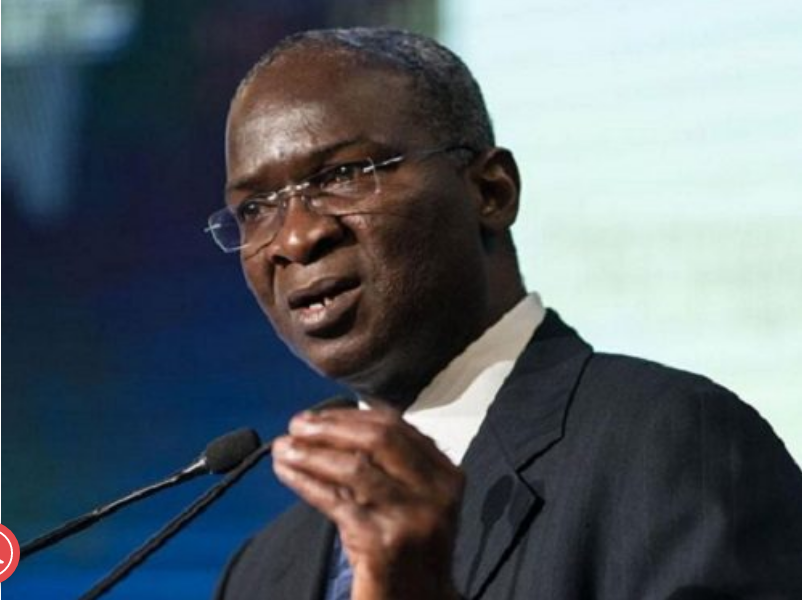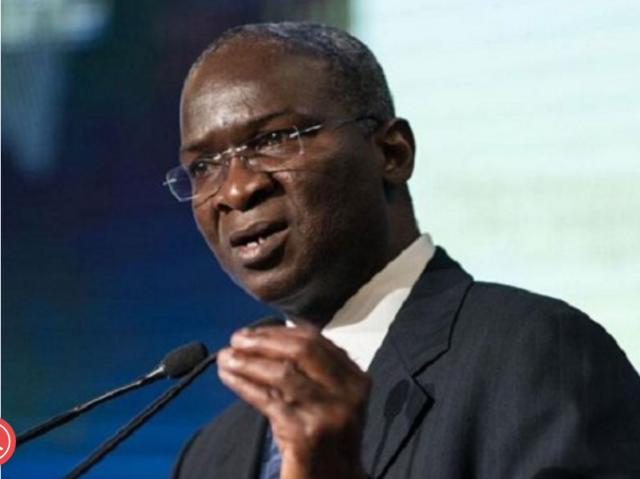
By Uche Amunike
The Federal Roads and Bridges Tolling Policy and Regulations has just been approved by the Buhari-led government of Nigeria.
This disclosure was made by the Special Assistant to the President on Digital and New Media, Tolu Ogunlesi.
Speaking in his official Facebook page, Mr Ogunlesi stated that it was a decision reached by the Federal government, during the Federal Executive Council meeting in Abuja.
He explained that the Honorable Minister of Works and Housing made it clear that it was a decision that was reached after thorough meetings with different stakeholders, in and outside government circles and transport unions like the National Union of Road Transport Workers, (NURTW), Road Transport Employees Association of Nigeria, (RTEAN), etc.
He stated that cars have been assigned to pay tolling fees of N200, their commercial N300, private buses N300, while luxury buses and trucks are approved to pay N500 only.
In the statement which he titled, ‘Nigeria Cabinet Approves Federal Foreign Policy and Regulations’, he did explain that the already existing fees being paid at tolled roads like the Lagos and Abuja Airport Toll units and the Lekki and Ikoyi Toll units were considered before arriving at the newly approved prices.
The new federal foreign policy highlighted ten points to validate the new regulation, among which is that it will be an open tolling system, like was practiced in Nigeria in the past, which means that a fixed rate that does not depend on distance traveled, is paid.
Secondly, the only carriageways that are to be tolled are dual carriageways owned by the Federal government, except for some Bridges which are listed in the policy.
Revenues generated from the tolls will be used to maintain the roads and repay investors who have invested in building or completing a road under the Highway Development Management Initiative.
Electronic Toll Collection and Management systems will be given more priority than Cash systems.
Bicycles, Tricycles, Motorcycles, Diplomatic vehicles, Military and Paramilitary vehicles are not to be tolled.
States and Local Governments who seek to introduce their own Tolling Policies should use this outlined framework as a guide as only about 16% of the total road network in Nigeria belongs to the Federal Government.
As for residents close to the Toll Plaza areas, they shall benefit from what is referred to as ‘frequent user’ discounts according to best global practices.
The Minister assured that the Federal Highways Act empowers the Minister in charge of Federal roads to toll, but implementing any tolling policy would require a multi-stakeholder collaboration of multiple agencies to be implemented.
He explained that tolling will not be effective immediately until roads are motorable, stressing that the policy was a condition that would aid in the implementation of tolling so that people will begin to get used to it, while stakeholders will also use it as a reference for their financial modelling and investment analysis as they await the Toll Plaza’s eventual kick- off







